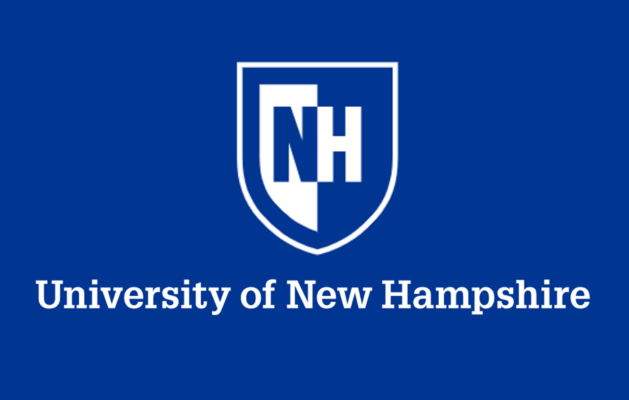Campus Reform has exposed some Orwellian Speech policing right here in New Hampshire’s backyard. It is the University of New Hampshire’s Bias-Free Language Guide.
It is bias-free? No. The University of New Hampshire’s Bias-Free Language Guide is LOADED with White-Tower Liberal bias. (And not just because the act of segregating words for evaluation as biased or bias-free cannot be anything but biased). And it will only lead to problems even when they couch it (furniture bias?) with this starting-point rubbish…
Starting a Conversation about Word Choice
The following bias-free language guide is meant to serve as a starting point about terms related to age, race, class, ethnicity, nationality, gender, ability, sexual orientation and more. It is not meant to represent absolute requirements of language use but, rather, offer a way to encourage us to think critically and reflectively about the terms and phrases that many people use regularly in conversation and writing.
Sounds like a starting point for wasting taxpayer money to build an on-ramp to tyranny, if you want my biased opinion.
It is a Politically Correct starter kit. Word re-smithing 101 (or is that de-smithing?). Training wheels for the Little Tikes speech police paddy wagon ( a racist, ageist, statement of vertically challenged bigotry if ever there was one.)
Thankfully, the biased UNH Bias-Free Language Guide manages to be a major embarrassment on just one slightly overlong web page. But it does embarrass itself and begs the question, how dare these losers keep coming to the taxpayer’s wallet asking for more?
From Campus Reform.
Even saying the word “healthy” is problematic, the university says. The “preferred term for people without disabilities,” the university says, is “non-disabled.” Similarly, saying “handicapped” or “physically-challenged” is also problematic. Instead, the university wants people to use the more inclusive “wheelchair user,” or “person who is wheelchair mobile.”
So no healthy debates about using the biased bias-free guide as a starting point, then? And we can’t call it a non-disabled debate because that would exclude the non-non-disabled and that would be biased, while disabling open debate, which would be, non-healthy.
And what about people who are not healthy but not disabled? What do we call them, and can they get the good parking spaces?
NND: You can’t park there you are not non-non-disabled.
NHND: But I’m not healthy, and according to the UNH Bias-Free Language Guide that means I am physically challenged. And since we are no longer allowed to use words to differentiate degrees of physical challenge among the non-non-disabled, refusing to acknowledge my non-non-disabled disablement may well be a form of non-non-disablement all its own. And you just bent my snowflake, bigot.
Sounds problematic. We’d better use this as the starting point for another discussion, but with whom?
That is the beauty of speech-policing. It does not exist to stimulate speech. It is not meant to start anything. It stops speech by making it impossible. All while giving ‘snowflake’ psychosomatic carpal tunnel from an overactive trigger-warning finger.
But back to the parking spaces because I have concerns (/sarcasm). Do the many and multitude of handicapped non-non-disabled parking spaces in and around the various UNH buildings have markings or signs denoting these spaces in some uniform manner?
I hope those signs don’t have wheelchairs on them-or universal depictions that could be mistaken as wheelchairs. That might be considered prejudicial to non-non-disabled persons who are not wheelchair-mobile but suffer from some other non-non disablement that classifies as something other than healthy (bigot!)?
Do we need to start a discussion about how to insist that (non-gender pronouns) have an equitable right to freely express their non-non-disabled disablement (being persons who are not-not-not healthy) by using these reserved spaces? This would send a message about the rights of other non-non-disabled persons forced to cover vast distances (or even distances one space-further away) to access the same services and facilities because they were non-non-disabled but not a wheelchair user–which does not mean someone who uses a wheelchair for some purpose other than to relocate a non-non disabled person who is not necessarily not healthy but are just not-non-disabled.
We could call it the bias-free parking crusade … contingency operation. Or something.
Or should we use the Bias-Free Language Guide as a starting point for ending all taxpayer-funded support for the creeping fascism at UNH.
I think the latter.
